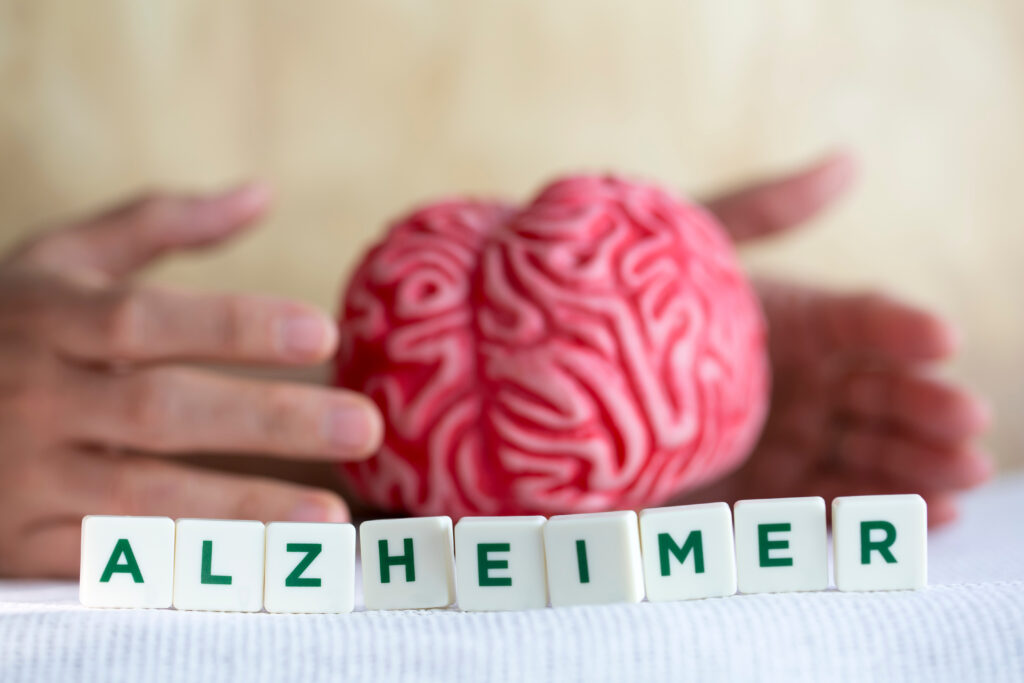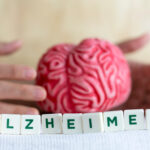**Recognizing and Addressing Alzheimer-Related Depression**
Alzheimer’s disease is a condition that affects memory, thinking, and behavior. It can also have a significant impact on a person’s mental health, leading to depression. Recognizing the signs of depression in someone with Alzheimer’s is crucial for providing the right support and care. Here’s how you can identify and address Alzheimer-related depression.
### Understanding Alzheimer-Related Depression
Depression is a common symptom of Alzheimer’s disease. It can occur at any stage of the condition, from the early stages to the late stages. People with Alzheimer’s may experience feelings of sadness, hopelessness, and loss of interest in activities they once enjoyed. They might also have changes in appetite, sleep patterns, and energy levels.
### Recognizing the Signs
Identifying depression in someone with Alzheimer’s can be challenging because the symptoms can be similar to those of the disease itself. However, there are some key signs to look out for:
1. **Changes in Mood**: People with Alzheimer’s might become more irritable, anxious, or withdrawn. They may show less interest in activities they once enjoyed.
2. **Loss of Motivation**: They might stop participating in activities they used to love, such as hobbies or social events.
3. **Sleep Disturbances**: Changes in sleep patterns, such as insomnia or excessive sleeping, can be a sign of depression.
4. **Appetite Changes**: Some people might experience a decrease or increase in appetite.
5. **Physical Symptoms**: Depression can lead to physical symptoms like headaches, stomachaches, or muscle pain.
6. **Withdrawal**: They might withdraw from social interactions and become isolated.
### Addressing Alzheimer-Related Depression
Once you have recognized the signs of depression, it’s essential to address it. Here are some steps you can take:
1. **Consult a Healthcare Professional**: If you suspect someone with Alzheimer’s is experiencing depression, consult with their healthcare provider. A professional diagnosis is crucial for developing an effective treatment plan.
2. **Encourage Social Interaction**: Social interaction is vital for mental health. Encourage the person to stay connected with friends and family, even if it’s just through phone calls or video chats.
3. **Maintain a Routine**: Establishing a daily routine can help provide structure and stability, which can be comforting for someone experiencing depression.
4. **Engage in Activities**: Engage the person in activities they enjoy, even if it’s just a simple task like gardening or listening to music.
5. **Provide Emotional Support**: Offer emotional support and reassurance. Let the person know that you are there for them and that they are not alone.
6. **Consider Therapy**: Cognitive-behavioral therapy (CBT) and other forms of therapy can be beneficial in managing depression associated with Alzheimer’s.
7. **Medication**: In some cases, medication may be prescribed to help manage symptoms of depression. However, this should always be done under the guidance of a healthcare professional.
### Additional Tips
– **Create a Safe Environment**: Ensure the person’s living environment is safe and comfortable. This can help reduce stress and anxiety.
– **Encourage Physical Activity**: Regular physical activity can help improve mood and reduce symptoms of depression.
– **Monitor Medication**: If the person is taking medication for Alzheimer’s, ensure it is not contributing to their depression. Consult with their healthcare provider about any potential interactions.
By recognizing the signs of depression and addressing them in a supportive and caring manner, you can help improve the quality of life for someone with Alzheimer’s. Remember, every individual is unique, so it’s essential to tailor your approach to their specific needs and preferences.


